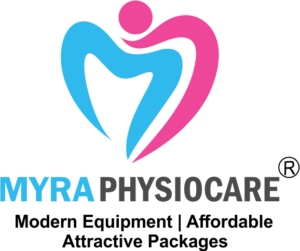Chronic Cough Physiotherapy

Chronic cough is defined as a cough that lasts for more than 8 weeks and can have various underlying causes, such as asthma, chronic obstructive pulmonary disease (COPD), gastroesophageal reflux disease (GERD), and postnasal drip.
Breathing exercises:
Physiotherapists can teach patients with chronic cough specific breathing exercises to help reduce coughing episodes and improve lung function. These exercises can include diaphragmatic breathing, pursed-lip breathing, and huffing.
Education and advice:
Physiotherapists can provide education and advice on how to manage coughing episodes and reduce the risk of exacerbations. This may include guidance on how to use inhalers and other medications effectively and when to seek medical attention.
Lifestyle modifications:
Physiotherapists can provide advice on lifestyle modifications to reduce coughing triggers. These may include avoiding exposure to irritants such as smoke, using a humidifier, staying hydrated, and maintaining good posture.
Postural drainage:
Similar to bronchitis management, postural drainage can help in chronic cough management by using different positions to drain mucus from the lungs.
Exercise:
Regular exercise can help improve lung function and reduce the severity of coughing. It is important to choose the right type of exercise for your condition and level of fitness.
Manual therapy:
This technique involves using hands-on techniques, such as massage and mobilization, to improve lung function and reduce the severity of coughing.
It is important to note that the effectiveness of physiotherapy for chronic cough may vary depending on the underlying cause of the cough. In some cases, other treatments, such as medication or surgery, may be necessary. Your healthcare team can help determine the best treatment plan for your individual needs.
